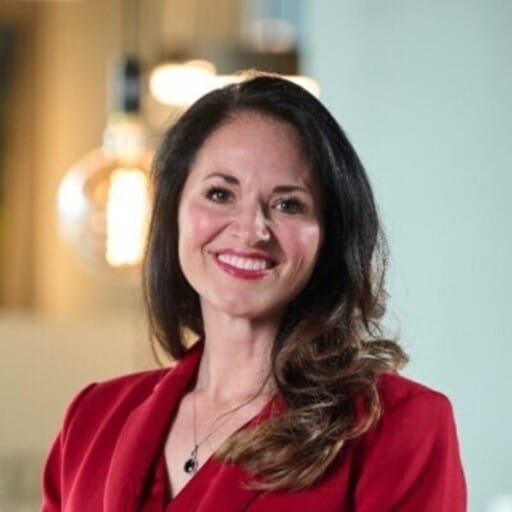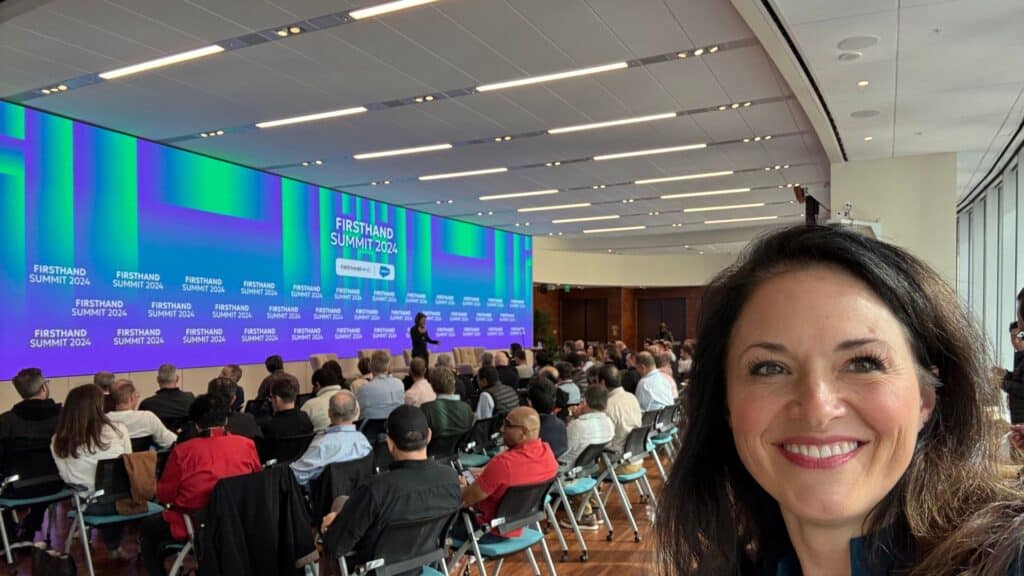Oscar Armas-Luy, a revenue operations leader, didn’t plan to pursue a RevOps career.
Instead, Oscar’s journey to RevOps started with an unexpected turn through a successful career in marketing. Since then, companies have benefited from his unique perception that blends strong data analytics with a creative lens that doesn’t always adhere to the RevOps status quo.
“Everything in RevOps is context dependent, and so those of us in RevOps are artists in the sense that we have to know the rules, but we also have to know when to break them,” Oscar said. “There’s sort of a sacred cow of best practices, or standard practices, in RevOps that don’t make sense in every single context. Great RevOps people know all the best practices. Extraordinary RevOps people know all of the best practices and the ones to ignore in their particular context. And I think that’s what we really have to master.”
From weighing luck and chance in sales processes, don’t miss this extraordinary conversation with Dr. Amy Cook and Oscar.
Here are some interview highlights:
Amy: I was surprised to learn you have a marketing background. That’s not very common in RevOps! What do you like most about it?
Oscar: What I love about RevOps, but also about the marketing role where I started, is that you have to be very data-driven, but there’s also room to really let your creativity shine, and that’s the part that keeps it fun.
Amy: I love that you talked about creativity in RevOps. Will you explain more about what that means?
Oscar: It’s very easy to see the data, track what it tells us, and look at it cut and dry. For me, creativity comes in two forms. Number one, it’s how you interpret the story around that data. The data never tells you the full story, so you really have to consider the context, the people, the business, and the situation and think about the different things that this could truly mean.
Oscar: Second, there’s never one way to solve a problem. How do we look at all the different pieces and find a viable solution with a high chance of success?
Amy: Can you explain more about the role of luck and chance in forecasting?
Oscar: At the end of the day, chance and luck play a huge role. There will always be things that happen as a matter of chance or outside of your control that will either win your deals, lose your deals, delay deals, accelerate them, etc. When you run an unpredictable business, you rely on chance and things out of your control to go right to hit your target.
A predictable business, on the other hand, is built in such a way that even if you don’t get ‘lucky,’ you will still hit your number. And I think what’s really special about this is that if you have a predictable business and you also get lucky, that’s where you blow your number out of the water and sort of reset expectations.
Amy: So you look at building a buffer for your conversion rates; you look at the business, the big business or market; you mark milestones; you try to understand outliers and appropriately manage those. What else do you do?
Oscar: So when we think about the process, we can look at it through this type of lens of predictability. So I think about the process through this lens of we don’t have a sales process because something else wouldn’t work, because the sales process makes us much more consistent in working each time. I think this is really important to understand. Many of us have things we know work because they have worked for us for a long time. But it doesn’t just have to work; it has to work consistently. And I think that’s the conversation leadership teams and rev ops folks need to be having when they design their process and use best practices in their sales organizations.
Oscar: When we think about enabling our sales teams, most of us have sales reps that have been wildly successful and have been doing this for a very long time, but . . . we’re not looking to teach them how to sell. We’re looking to use data-driven insights to make them more consistent so that they can blow out even more years. I think that’s a win for everybody.
Listen to the complete podcast interview here.











